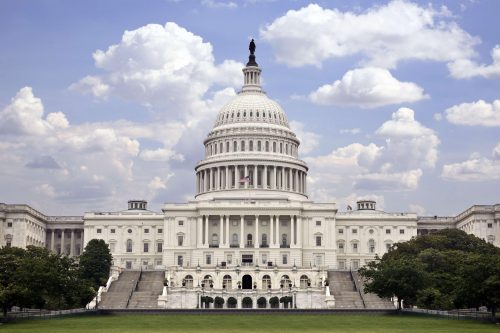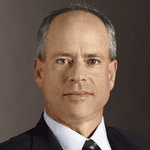
Press release: Packed Room Learns About the Economic Benefits of Feed-In Tariffs
Speakers discuss employment, tax, and investment benefits of FITs at Capitol briefing.
Speakers discuss employment, tax, and investment benefits of FITs at Capitol briefing
Sacramento – The FIT Coalition hosted an educational briefing on the economic benefits ofFeed–In Tariffs (FITs) in a packed State Capitol committee room on Wednesday. Featured speakers included Dan Pellissier, Deputy Cabinet Secretary for Governor Arnold Schwarzenegger, Mary Nichols, California Air Resources Board Chairman, Hans-Josef Fell, Member of the German Parliament and co-author of Germany’s Renewable Energy Sources Act, and Craig Lewis, FIT Coalition Executive Director. Dan Jacobson of Environment California moderated the briefing.
The standing room only crowd heard evidence on how Feed–In Tariffs provide tremendous economic benefits. FITs are fixed price, long-term contracts that require a utility to buy electricity produced by renewable energy generators. Pellissier opened the discussion remarking that, “Feed–In Tariffs are completely in line with the Governor’s approach to increasing renewable energy generation in California and transitioning the state to a clean energy economy. While it is too soon to know whether the Governor would sign a specific measure, we’re hopeful that the Coalition can get a good Feed–In Tariff bill to the Governor’s desk this year.”
Hans-Josef Fell presented a compelling presentation on how Germany has been able to deploy more solar and wind projects than any other country of comparable size because of their robust Feed–In Tariff. He went on to highlight the phenomenal economic benefits that come with such growth. “In the 10 years of our FIT program, people employed by the renewable energy industry have increased 10-fold.” In referencing cost, Fell explained, “For the price of about one beer per month per household, the German people are importing 6 billion Euros less of fossil fuels per year and getting 16% of their energy from renewable sources.”
California Air Resources Board Chairman Mary Nichols said Feed–In Tariffs complement California’s landmark climate law, AB 32, which requires the state to reduce global warming emissions to 1990 levels by 2020. “A well-crafted FIT would help Californians get where they need and want to be on cleaner air and more efficient energy – only faster,” Nichols said. “It would help launch thousands of renewable energy projects across the state quickly and cost-effectively.”
Craig Lewis dove into the details of a FIT legislative proposal called the REESA, or theRenewable Energy and Economic Stimulus Act, which will be introduced in the 2011 legislative session in California. Lewis explained, “The REESA creates a statewide FIT for renewable energy projects up to 20-megawatts (MW) in size that would deliver an incremental 2% ofCalifornia’s energy every year through 2020.” Lewis explained how FITs work by removing barriers and leveling the playing field. “By having a set price for each type of renewable technology – solar, wind, biomass, etc. – investors and developers can start their renewable energy projects with confidence and ease knowing that utilities will interconnect their projects and purchase the generated power at a known price. The fact that FITs are simple, fair, and effective is the reason that FITs are responsible for the vast majority of renewable energy that has been deployed in the world.”
Lewis also presented the findings of a recent UC Berkeley study, led by Professor Dan Kammen, showing that a comprehensive FIT would create 3 times the number of jobs, over $2 billion inadditional tax revenue, and stimulate tens of billions in new investment in the state compared to current models for how California will reach its 33%-by-2020 Renewable Portfolio Standard goal. “The UC Berkeley study shows that FITs are the best policy mechanism for accelerating the deployment of cost-effective renewables while delivering tremendous economic benefits. The State of California must act to leverage this unparalleled opportunity for creating hundreds of thousands of jobs, attracting tens of billions in renewable energy investment, and yielding billions to the State through increased tax revenue. It’s a win-win-win for California,” concluded Lewis.
Moderator Dan Jacobson wrapped up the briefing by summing up the economic benefits ofFeed–In Tariffs in the following manner, “Thousands of new jobs with no tax payer money used. Now that is clean energy policy that works.”
The FIT Coalition is a leading force in replicating Feed–In Tariffs and other global renewable energy best-practices throughout the United States. The FIT Coalition’s mission is to identify and advocate for policies that will accelerate the deployment of cost-effective renewable energy. The FIT Coalition believes the right policies will result in a timely transition to renewable energy while yielding tremendous economic benefits, including new job creation, increased tax revenue, and the establishment of an economic foundation that will drive growth for decades. The FIT Coalition is active at the national, state, and municipal levels.
###

